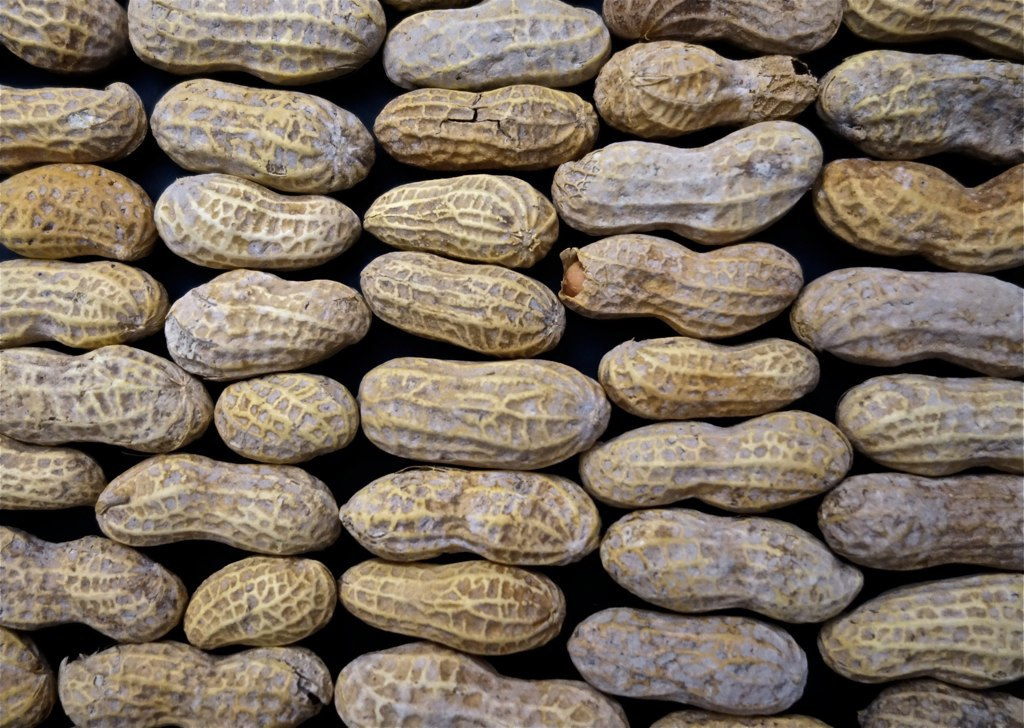New Peanut Allergy Guidelines for Infants Goes Against Everything You've Been Told Before

By:
The latest guidelines on peanut allergies for infants is the opposite of all the traditional advice most parents have probably heard on the subject.
The guidelines, which was published Thursday and sponsored by National Institute of Allergy and Infectious Diseases, was based on a study by LEAP (Learning Early About Peanut Allergy) determined that those who were exposed to eating peanuts at as early as 4 to 6 months old were less likely to develop peanut allergies. The previous guidelines from the American Academy of Pediatrics, which was released in 2000, recommended that peanuts be withheld from children at risk of developing allergies until they were at least 3 years old.
"For decades allergists have been recommending that young infants avoid consuming allergenic foods such as peanut to prevent food allergies. Our findings suggest that this advice was incorrect and may have contributed to the rise in the peanut and other food allergies," noted Gideon Lack, a professor at Kings College London and lead on the LEAP study.
 Dean Hochman/Flickr - flic.kr
Dean Hochman/Flickr - flic.kr
The study sampled over 600 children from the ages of 4 to 11 months who were "at high risk" (based on "existing egg allergy and/or severe eczema") of a peanut allergy to determine its findings.
About the study.
The kids were divided into two groups: those who were subjected to peanuts (in the form of "snack-food" at the rate of "at least three times each week") and those who were not, until the age of 5. (Note: Dr. Jerry Nepom, who worked on the study, told CNN they gave the children peanut butter over whole peanuts, because, "That would be very dangerous. There's a choking hazard there.")
 Mike Mozart/Flickr - flic.kr
Mike Mozart/Flickr - flic.kr
The results.
Of the two groups, 17 percent of the children who avoided peanuts developed peanut allergies by the time they turned 5. But only 3 percent of those who were in the peanut-eating group developed allergies.
Furthermore, when the researchers checked on the children a year later, they discovered that those who hadn't developed allergies by age 5 were still peanut allergy-free at age 6. "Of course, we're extremely gratified that the result came out so definitively," Nepom told CNN.
This means early exposure to peanuts can work in helping to prevent an allergy later on but only prevent, as there is currently no cure for peanut allergies.
Peanut allergies are more prevalent than ever.
"The prevalence of peanut allergy has doubled over the past 10 years in the U.S. and other countries that advocate avoidance of peanuts during pregnancy, lactation, and infancy," according to the LEAP study.
In 2010, 1.4 percent of children in the United States had peanut allergies, compared to only 0.4 percent in 1997, according to CBS News.
More about the guidelines.
These are ultimately, guidelines, not rules. If a child is considered high risk, "parents can either introduce these children to peanut-containing food at 4 to 6 months or get a reference to an allergist who will give the child a skin prick test or a blood test to see whether the infant is allergic to peanuts," according to CNN.
 Andrew Malone/Flickr - flic.kr
Andrew Malone/Flickr - flic.kr
If the child isn't considered high risk, "parents should follow the recommendation of introducing peanut-containing foods at 4 to 6 months. However, if the infant is allergic, parents should refrain," CNN noted. If the child has "mild to moderate eczema" then peanut products should be introduced around 6 months. If there are no existing allergies or potential allergies and no family history of them, then peanut-laden foods can be introduced at any age.
Of course, always talk to your doctor first before experimenting on your child.
